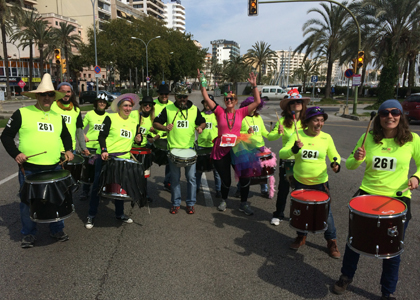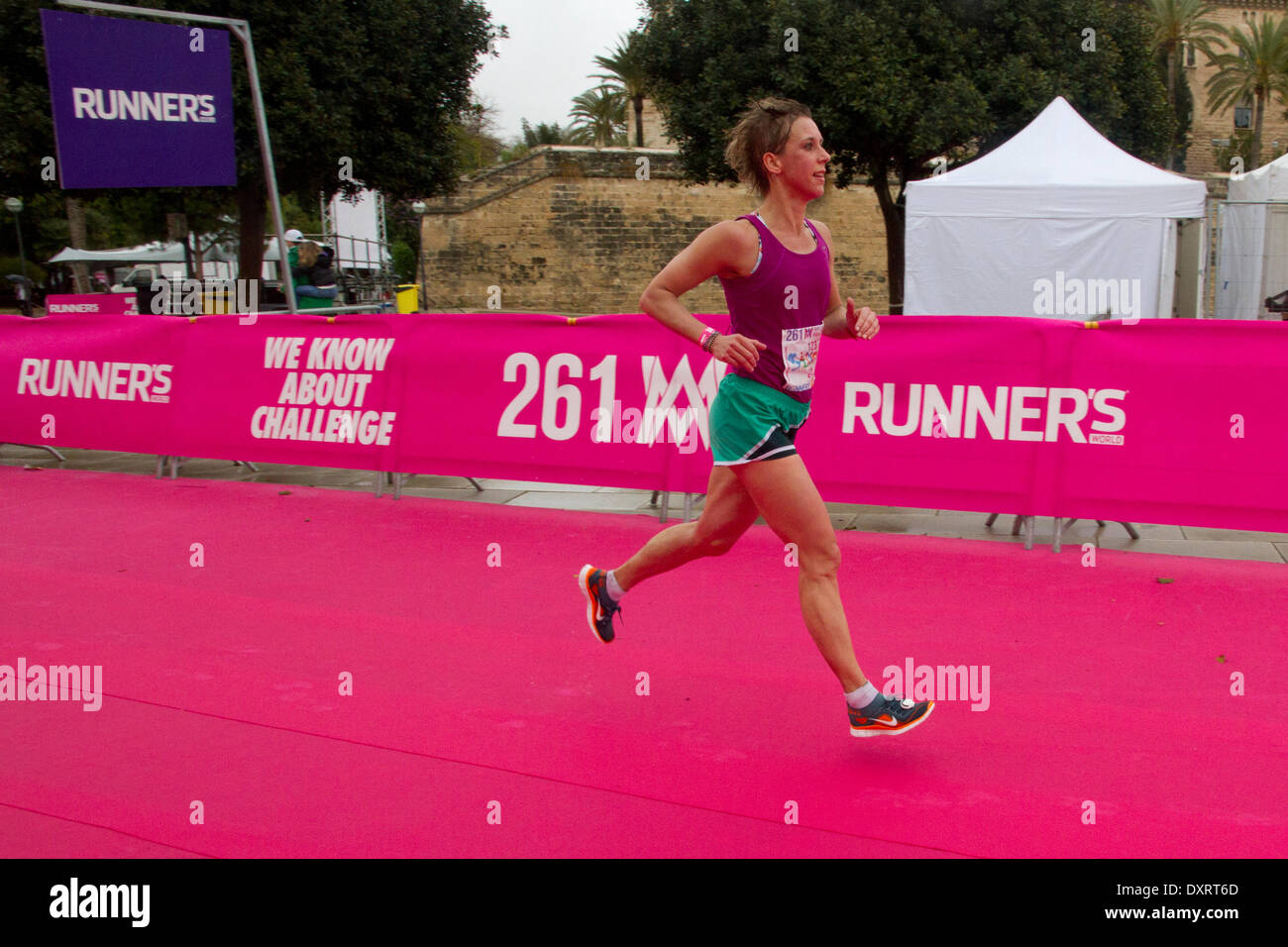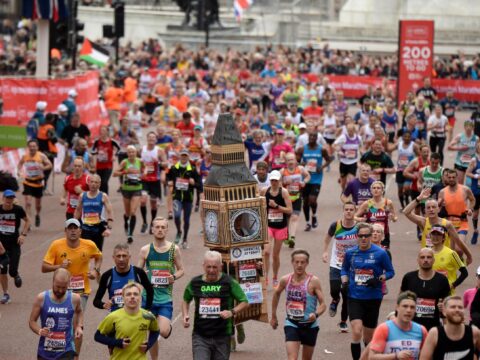
Today, the Boston Marathon remains the pinnacle event in long-distance racing. "I wasn't trying to defraud anybody," she says.

She was accepted into the race and received a bib with the number 261.

Switzer" on the application and paid the $2 entry fee. At the time, it was a male-only event, but she signed her name as "K. Switzer's feat occurred years earlier when she was a 20-year-old journalism student at Syracuse University who trained with members of the men's cross-country team but couldn't officially join it and registered for the 71st Boston Marathon. Related: Harlem women are in with Planned Parenthood for the long run The group didn't formally accept women in long-distance running until the fall of 1971, a year before Congress passed Title IX- prohibiting gender discrimination in any federally funded education program or activity-and Sports Illustrated named professional tennis player Billie Jean King as Sportsperson of the Year. "Because 'I, too, relate to a story about me being told that I'm not welcome or I'm not good enough or I can't do it.'"įor many years, that was the message that the Amateur Athletic Union (AAU), the sport's governing body, told women: They weren't welcome.

"What they were really telling me was, 'That number makes me feel fearless,'" Switzer says. The reason: It's the number Switzer wore during the Boston Marathon 50 years ago, when she became the first woman to officially run the 26.2-mile race. Some women even show her their "261" tattoos. For decades, running legend Kathrine Switzer has received letters and photos from women around the world, all of them praising the number 261.


 0 kommentar(er)
0 kommentar(er)
